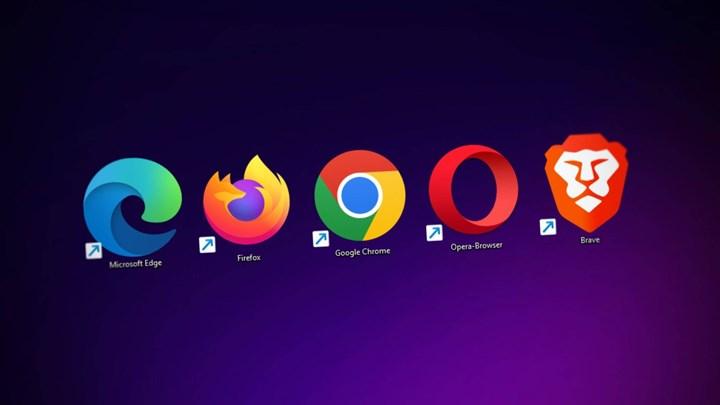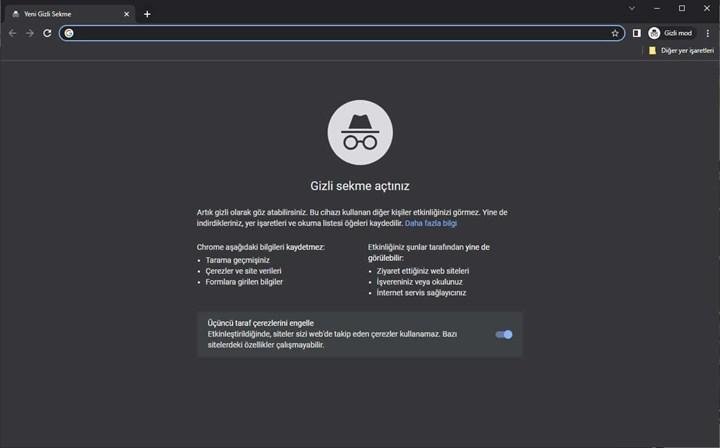 Many web users use incognito mode while surfing the web, and a parallel study at the University of Chicago shows that users misjudge this feature.
Many web users use incognito mode while surfing the web, and a parallel study at the University of Chicago shows that users misjudge this feature.For example, 40% of users think that incognito mode hides their location. Another 37% believe that this mode hides their actions from their employers. And 22.6% think that this is a way to protect themselves from the government.
Who is monitoring internet users?
Not all browser activity is anonymous. Google, Facebook and advertising companies monitor every click of internet users to make the best offer and sell their products.
Browser activity, on the other hand, is monitored by internet service providers and they analyze the data generated by the connection. Another party that monitors internet users (against any crime) is the states.

What does incognito mode actually do?
Incognito mode is usually the simple solution. Browsers claim it hides identities, blocks data collectors and makes ‘surfing’ safer in general. But in reality, this mod can do less.
Incognito mode in Google Chrome means that the browser does not save browsing history or information entered on websites. We can say that Firefox and Mozilla work similarly. Therefore, you need to know that switching to “incognito mode” in internet browsers does not turn you into an “invisible man”.